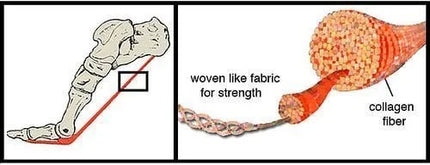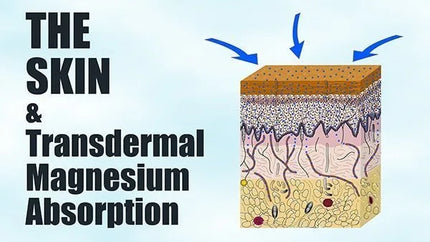Did you know that our gut microbiome needs a good supply of magnesium for energy to do all their jobs properly? Beneficial gut bacteria are extremely important to good health. Did you know that we rely on our gut microbiome more than our own cells and enzymes for digestion of food and nutrient absorption? If digestion is compromised we can be short-changed on magnesium uptake. Low magnesium can lead to feelings of depression, mood disorders, fatigue, restless and disturbed sleep, foggy brain, anxiety and much more. See the STUDY: "Dietary magnesium deficiency alters gut microbiota and leads to depressive-like behaviour."









